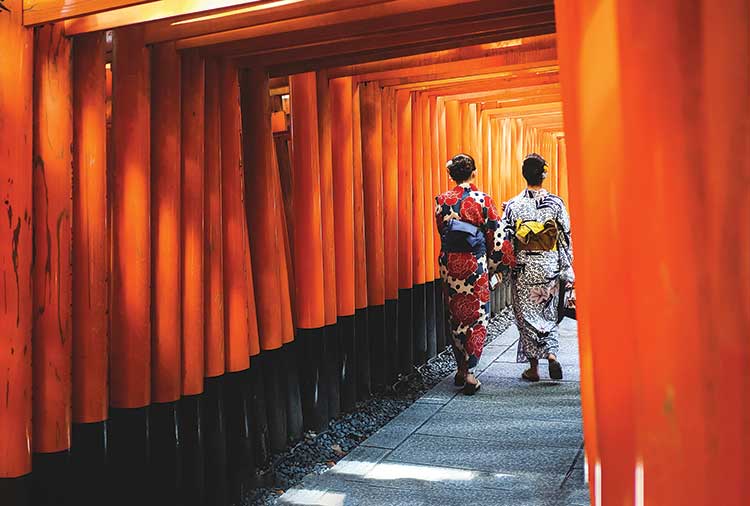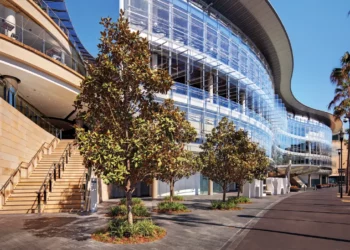Global Market Advisors’ Brendan D. Bussmann examines the potential timeline adjustments Japan should make in the wake of COVID-19 to ensure global IR operators stay committed.
The world continues to change and evolve at a rapid pace with the outbreak of COVID-19. It began to hit the gaming industry in a meaningful way with the shutdown of the casinos in Macau back in February. The effects have now spread throughout the industry, just as the disease has, to encompass almost every corner of the gaming world – from Cambodia to the United States and from the Philippines to Europe, including online operations as well as casinos. The industry continues to face challenges regarding how and when to reopen, while operators also look at future development opportunities that may still exist, with the bullseye of opportunity first and foremost centered on Japan.
Japan has faced its own challenges over the last few months as COVID-19 has gripped the nation. Despite a difficult series of events that have dominated headlines in recent months, namely the controversial Diamond Princess cruise ship docked in Yokohama Bay, the postponement of the Olympics until 2021 and the recent quarantine orders enacted by Prime Minister Shinzo Abe in certain prefectures, Japan continues to ask the question of how its integrated resort process will move forward.

As of the date of this article, the Central Government continues to stay on pace, with the acceptance of applications set to occur between January 2021 and July 2021. Even as the industry faces its greatest challenge, prefectures have announced the details of their processes as they continue to move forward to meet this Central Government deadline.
As the process unfolds, one of the key questions that will be answered is how interested operators are in new markets given the fact they are burning through cash to keep their properties open around the globe. The current environment is impacting their overall liquidity and balance sheets, affecting each potential bidder’s ability to commit to a project. Every prefecture that plans to submit to the Central Government will look into the financial suitability of these organizations as well as their long-term ability to finance a project that may in some cases reach US$10 billion or more in investment.
In these unprecedented and uncertain times, one certainty is that operators will continue to draw down on debt to keep their operations functional. In some markets like Macau, where every one of the concessionaires has shown an interest in Japan, there is less control over operations as the “people quotient” is not as variable as in other markets. In other words, some of these companies in other markets such as the United States have furloughed their workers, while others have remained committed to paying their workforce during the Great Shutdown.
These operators also face challenges as they try to reemerge and ramp up operations in a prudent fashion to meet market demand. Evaluation of balance sheets and operations during this time can only help, providing Japan with further insights for selecting the type of operators it will want in the market.
Japan continues to remain a strong opportunity for the next iteration of integrated resorts, but if they build it, will operators come? There are several factors that could decide whether Japan will allow the market to reach its full potential, which would bring a full complement of those bidders willing to invest billions of dollars into one of the three available licenses.
While many of the major operators continue to adjust their balance sheets to weather this storm, the duration of the situation might challenge those same operators’ previous interests as they struggle to keep current assets viable. This may lead to an abandonment of the chase in Japan that some have been undergoing for 20 years.

Japan, like any major country impacted by this pandemic, will be looking for major investment in economic development projects that spur job creation, and integrated resorts will help fill that gap while diversifying the tourism product. However, Japan needs to be mindful of the companies that would be the ideal partners for these large-scale developments. Slowing down the Central Government timeline by six months to a year can only help, allowing these major operators to regain the foothold they held just a few months ago.
Finalizing the fundamental policy and the framework for integrated resorts should be the top priority. Delaying the timeline as they did the Olympics will enhance the potential ability for long-term viability of IRs in Japan. Given this is an opportunity that very seldom comes around in the gaming industry, it is better to build it right so that the preferred operators will come to the market and fulfill Japan’s goals of setting the new standard in IRs.




























